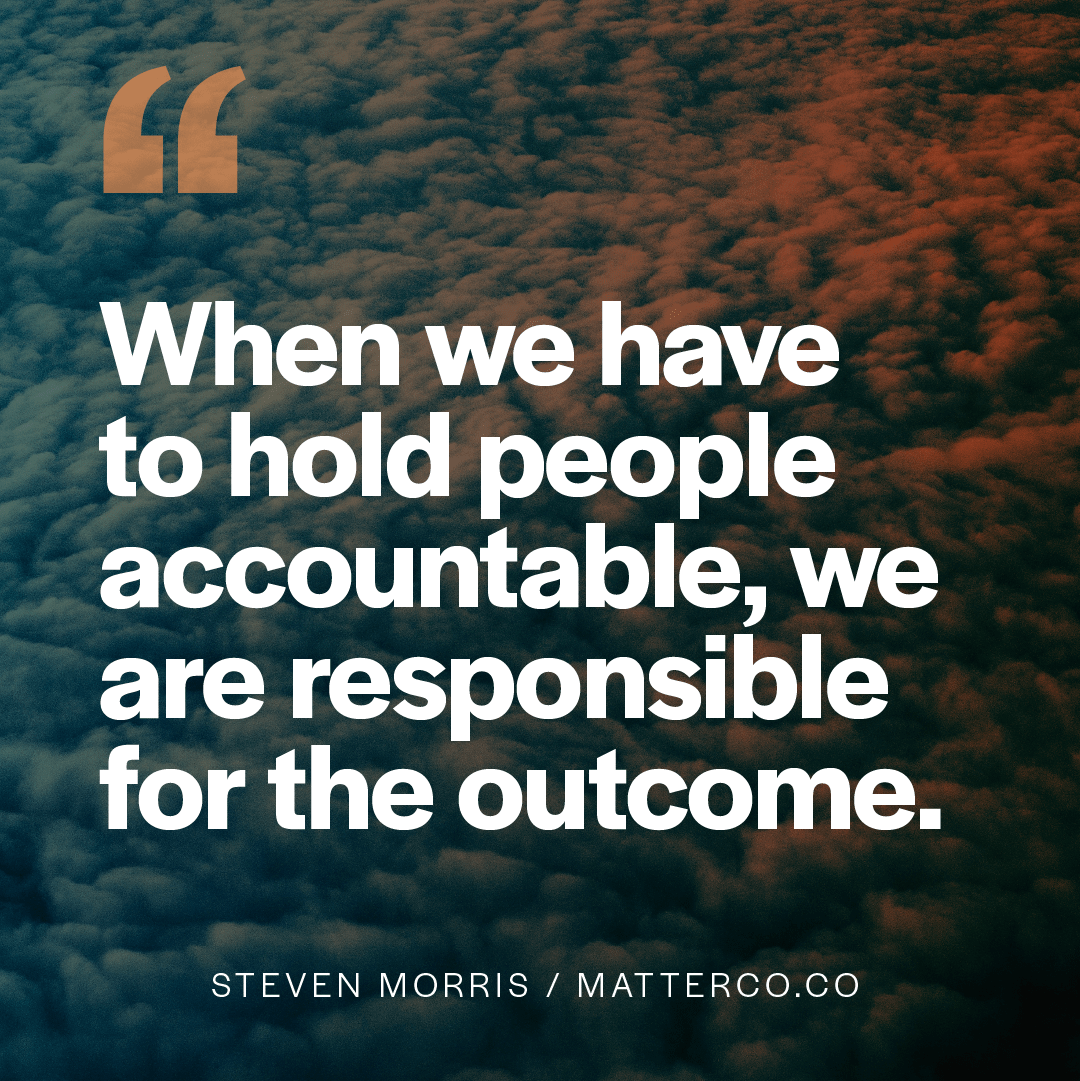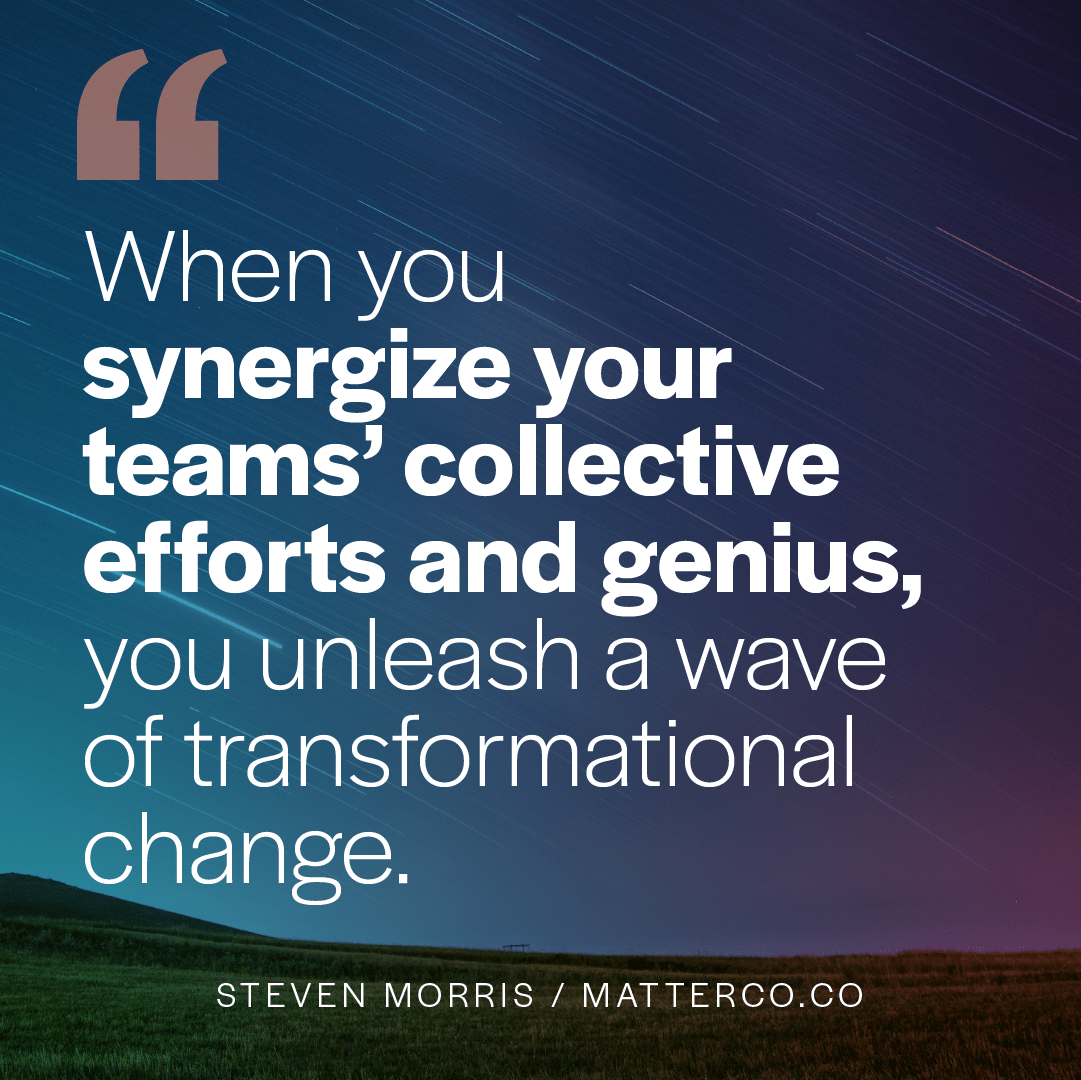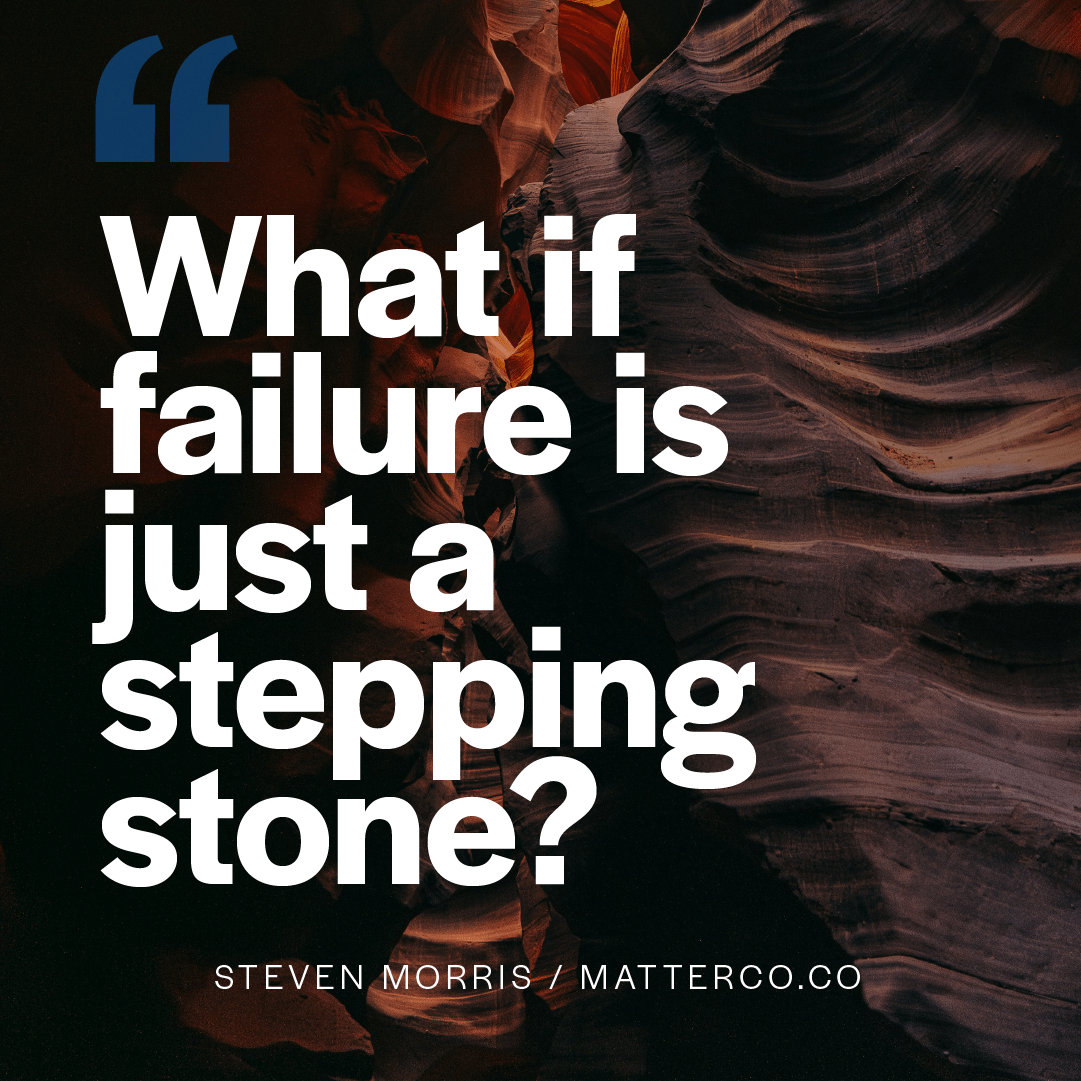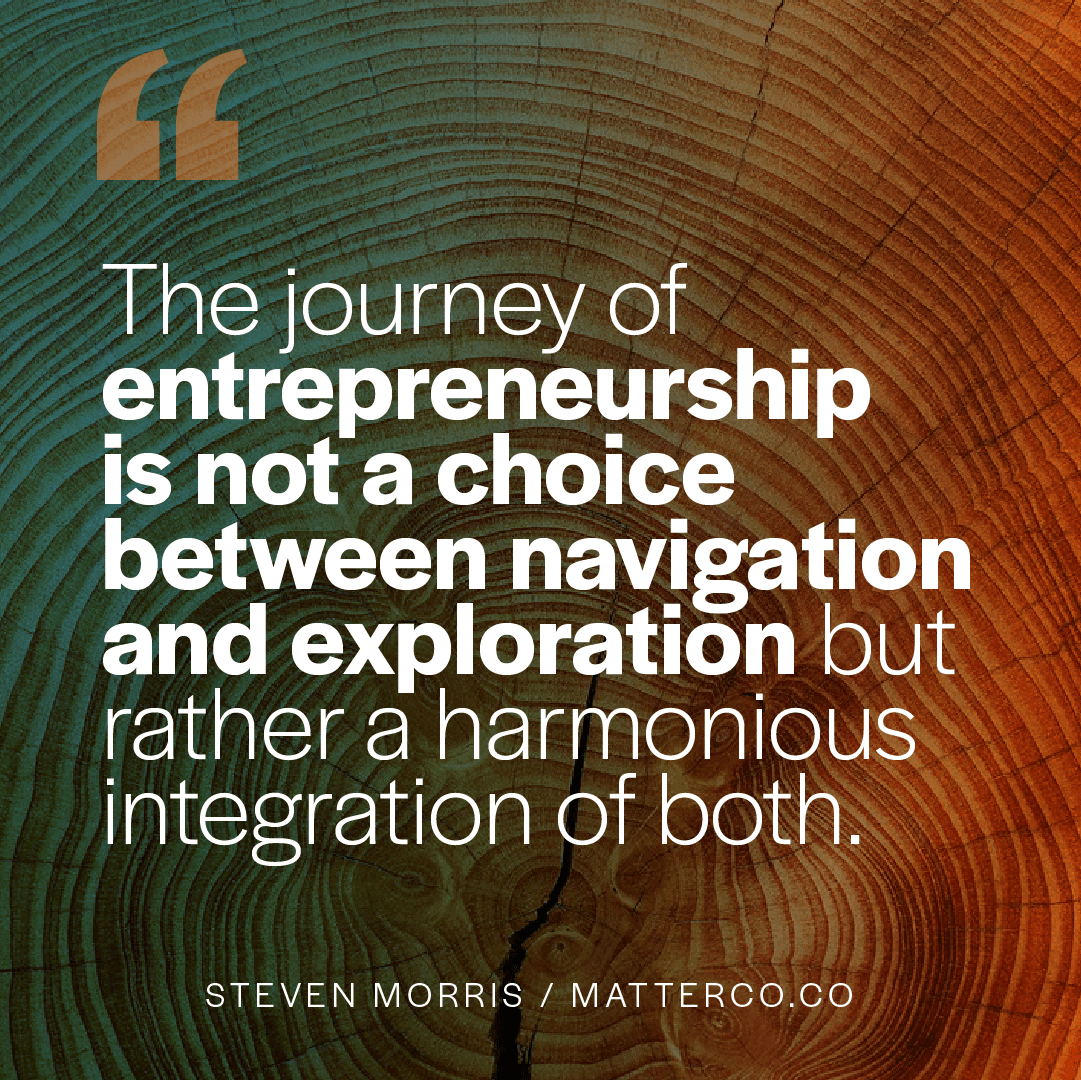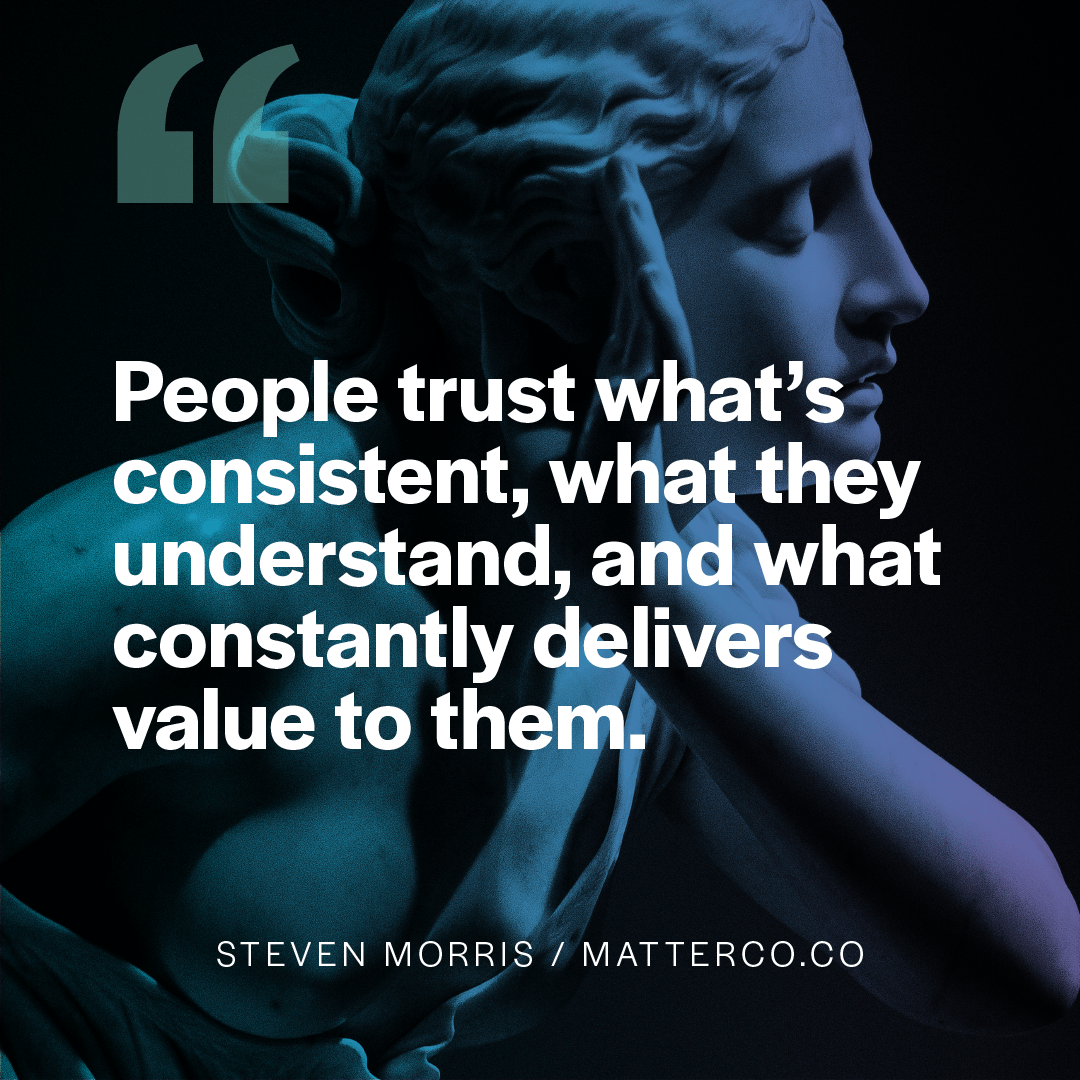
The Trust Commodity
“It takes 20 years to build a reputation and five minutes to ruin it.”
—Warren Buffett
Over the past few weeks I’ve had multiple conversations with business leaders about trust, and the importance of it.
Brands looking to build lasting relationships with their customers, AKA brand loyalty, need to first build trust. When you have integrity between what you say and what you do, trust begins to build.
But that’s not the whole story.
Trust comes from our way of being in the world that is consistent with what and how we communicate. No one gets confused into buying something they don’t understand, but customers also don’t buy products they aren’t emotionally engaged with and that they don’t trust.
There’s a subtle, yet important, distinction between trust and belief.
Trust is a general feeling based on one’s perception of the source. For someone to trust your brand they must feel good about it. This usually is a transfer or extension on behalf of the one trusting, hence the term “extending your trust.” Trusting can be risky. By trusting a brand the customer is hoping that the brand will deliver on its promise.
Belief on the other hand tends to be something that is grounded in either facts or experiences. For instance, if a customer has a string of exceptional experiences with your brand or product they will not only trust your brand, they will believe that you will continue to deliver. Belief also is often an alignment in values. If you know what a brand believes in and they live up to those beliefs you have confidence in that brand, which is more firmly rooted than trust.
Said simply: trust is offered; belief is earned. When the brand consistently delivers on it’s promises, it increases its trustability, believability, and in value.
Here are some examples. I have no real way of knowing that the fruits and vegetables I buy are grown without pesticides. I have to trust the signage and packaging that tells me so. The chocolate I buy comes with the “fair trade” label, so I have to trust that it’s fair trade.
Each and everyday millions of us rely on people we’ve never met to tell the truth. We count on them to do the right thing. Mostly, they do.
Our society depends on one another to be honest, truthful, and in turn we expect the goodness of people. Mostly, we do.
Building Trusted Brands
During one stage of the brand evolution process I spend focused time in defining anchored “reasons to believe” (RTBs), which are proof points that demonstrate the brand promise. Without these RTBs customers need to extend their trust. With them, they begin their belief journey.
Think of it this way. Picture a brand you believe in or one you don’t. Now, ask yourself, “Because of the brand’s actions am I willing to extend trust to them?” Answer yes, or no. Is that because of what they did or how you feel about what they did? Chances are it’s both; and especially how their actions made you feel.
It’s worth noting that trust and reliability are not the same thing. Someone who consistently treats you poorly is showing reliable behavior but shouldn’t be trusted. Trust makes you feel good and is valuable in all good relationships. Small, consistent, beneficial, and meaningful actions over time, build and maintain trust. People trust what’s consistent, what they understand, and what constantly delivers value to them.
“Trust is like blood pressure. It’s silent, vital to good health, and if abused it can be deadly.”
—Frank Sonnenberg, author of Follow Your Conscience
If you want a more trusting team, a culture of belonging or a magnetic brand that attracts more of the right customers, I can help. If you'd like to explore if working together makes sense, drop me a line.




